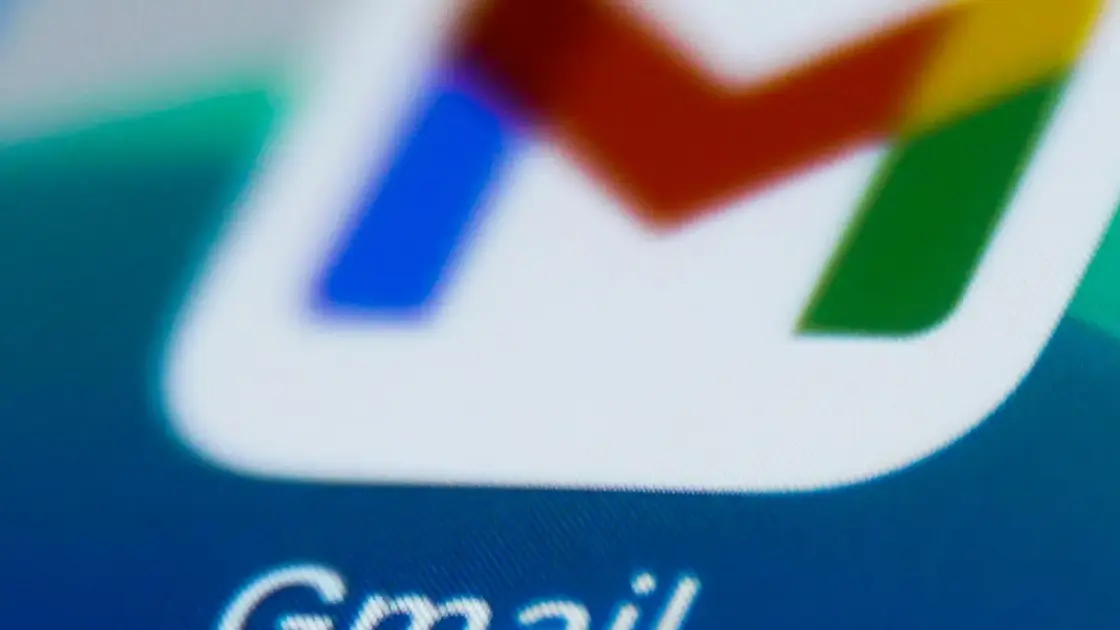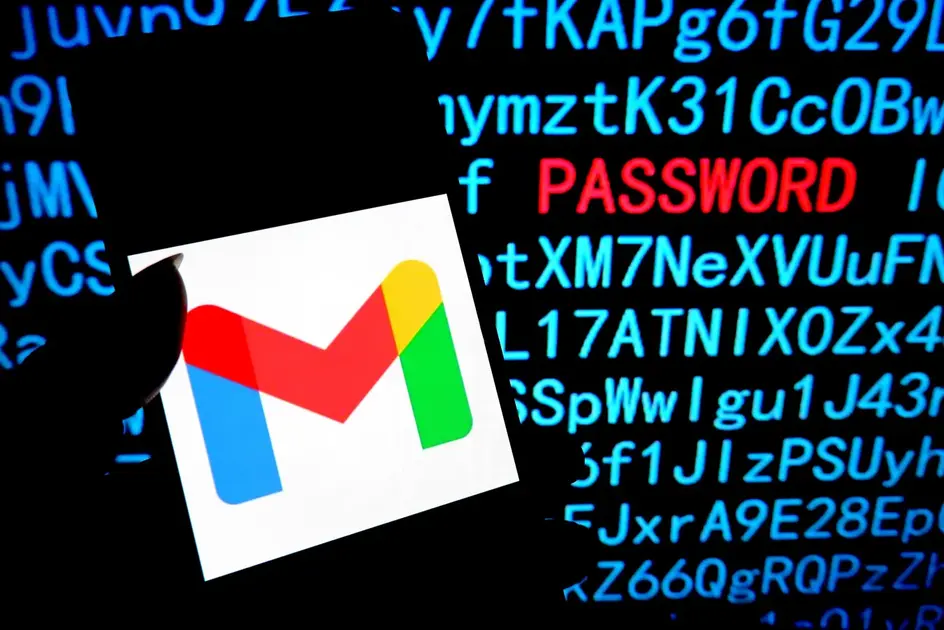T4K3.news
Gmail security push to passkeys amid rising credential theft
Google warns credential theft is rising and urges passkeys and non SMS 2FA to protect Gmail accounts.

Security experts urge Gmail users to switch to passkeys and use stronger login practices as credential theft rises.
Gmail pushes passkeys as credential theft surges
Google says credential theft powering Gmail intrusions is rising and accounts for about 37 percent of successful break ins. Hackers use infostealer malware to steal credentials and gain access to accounts. The guidance is to use passkeys or Sign in with Google instead of passwords, avoid linked or popup sign in prompts, and use strong unique passwords with a non SMS form of two factor authentication.
NordPass lists the top 200 most common passwords and warns that many users still rely on weak passwords and reuse across sites. Hive Systems notes that reuse and weak character sets remain easy paths for attackers. Google Security Checkup is recommended to review devices and sign out unfamiliar ones. The article also urges using a standalone password manager to generate strong unique passwords and to avoid relying on browser saved passwords. It cautions that AI driven features in Gmail can raise privacy risks and calls for careful controls over how AI tools access email data.
Key Takeaways
"passkeys are unique digital credentials tied to a user’s device"
Key security benefit highlighted for passkeys
"Your Google account is the skeleton key to your digital life"
Android Police warning about Google account access
"It’s staggeringly easy for hackers to trick ChatGPT into leaking your most personal data"
Futurism warning about AI data access
"Use a standalone password manager to create strong unique passwords"
Advice on password management
The shift to passkeys marks a real turning point in online security, but adoption is uneven. People often prefer familiar habits, and the extra steps can feel like friction even when the payoff is clear. The piece frames a broader tug of war between convenience and safety in everyday online life.
Beyond password hygiene, the report highlights a layer of risk from AI features that may access sensitive data in Gmail. That adds a new dimension for users and regulators alike, as we balance faster tools with tighter controls. For readers, the takeaway is to stay vigilant, audit access regularly, and push platforms to prove that convenience will not come at the expense of privacy.
Highlights
- Passkeys tie credentials to your device rather than a password
- Your Google account is the skeleton key to your digital life
- It’s staggeringly easy for hackers to trick ChatGPT into leaking your most personal data
- Use a standalone password manager to create strong unique passwords
Privacy risk from AI integration and credential changes
The push toward passkeys and AI aided features could raise privacy exposure if devices are compromised or data is accessed by AI tools. A broad shift may trigger public reaction and regulatory scrutiny, highlighting the need for safeguards.
The safer path online is built on simple, steady steps and clear controls.
Enjoyed this? Let your friends know!
Related News

Gmail users urged to update passwords now

Gmail users urged to change passwords urgently

Gmail security update urged

Gmail users must change passwords now

Trump administration increases immigration enforcement in sanctuary cities

Gmail breach prompts urgent security steps

Gmail password update urged after cloud breach

Mass Gmail breach
